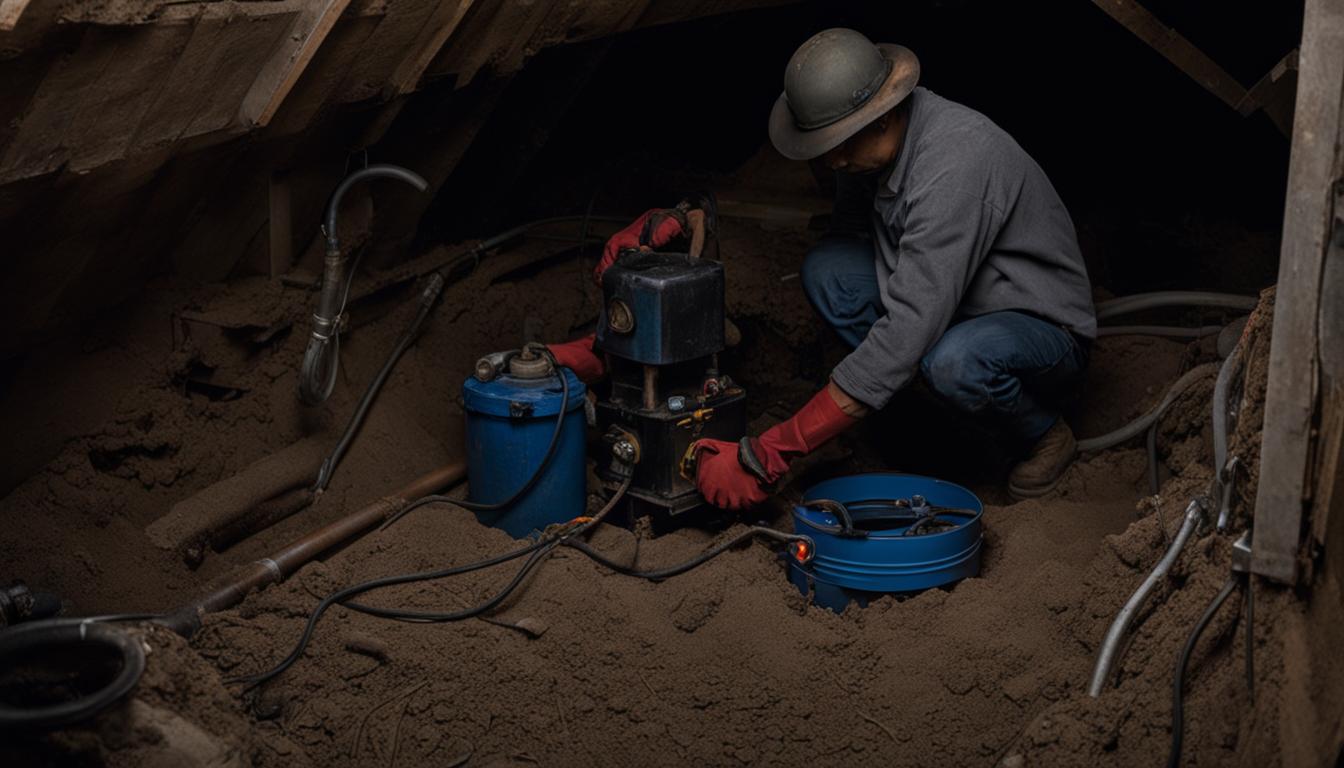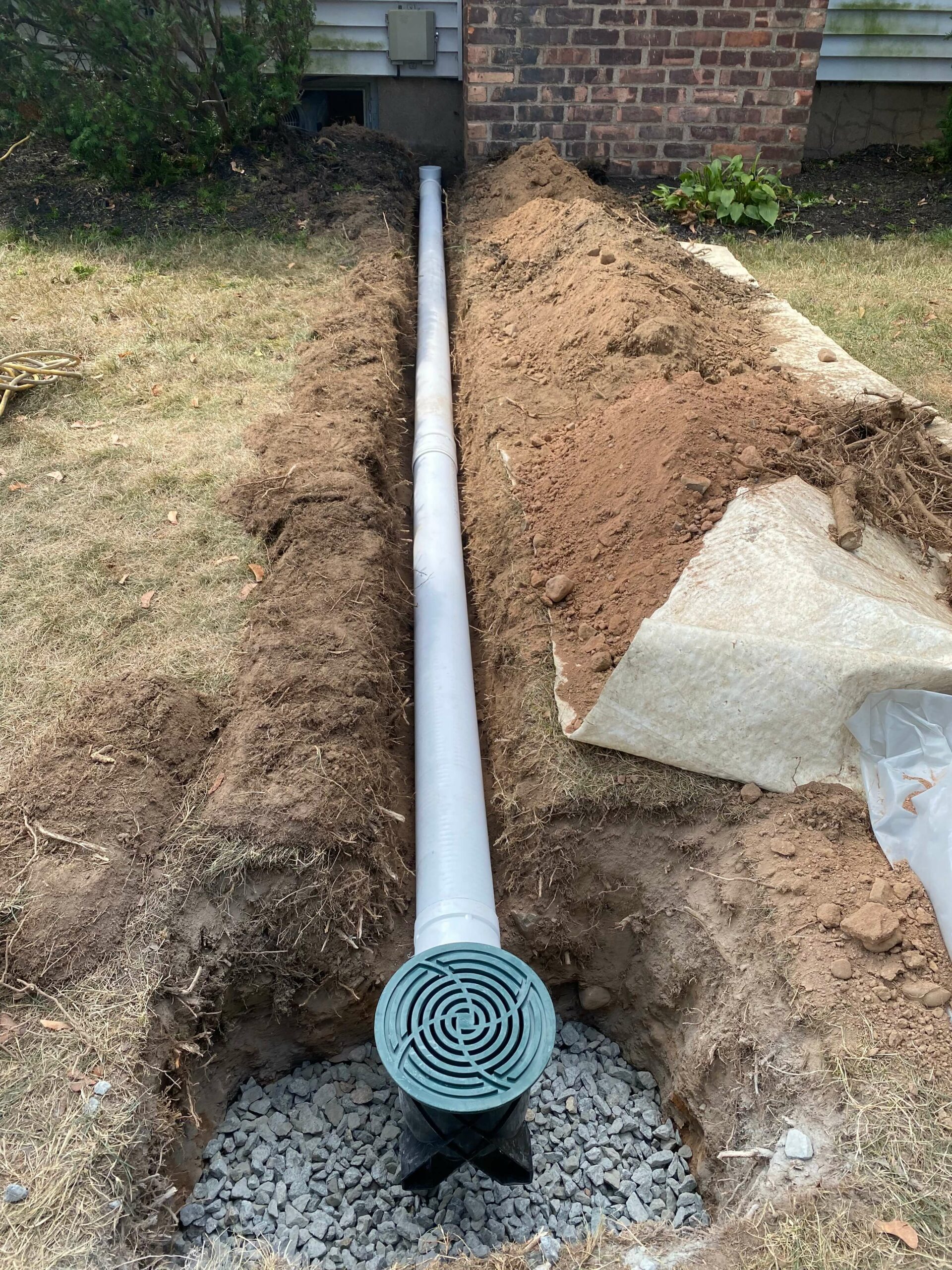A septic tank should be pumped every 3 to 5 years for regular maintenance. A well-maintained septic system is crucial for the proper functioning of a property’s waste management.
Septic tanks, which are underground tanks for storing and treating household wastewater, require regular pumping to remove accumulated solids and prevent system failures. Ideally, septic tanks should be pumped every 3 to 5 years to ensure optimal performance and prevent clogs and backups.
Neglecting septic tank maintenance can lead to costly repairs, health hazards, and environmental pollution. By adhering to a schedule of regular pumping, property owners can effectively prolong the lifespan of their septic systems and avoid potential issues down the line.
Importance Of Septic Tank Pumping
Septic tank pumping is an essential maintenance task that should be done regularly to ensure the proper functioning of your septic system. Over time, solid waste and sludge accumulate in the septic tank, which can cause blockages and backups if not removed. Regular pumping allows for the removal of these waste materials, preventing costly repairs and backups in the future.
Pumping your septic tank also plays a crucial role in maintaining a healthy and hygienic environment. When the tank gets filled beyond its capacity, it can lead to leaks and overflows, posing a serious health risk. By scheduling regular pumpings, you can prevent these issues and ensure the efficient and safe disposal of waste.
Septic tank pumping should be done by professionals who have the necessary equipment and expertise. They will not only pump out the waste but also inspect the tank for any signs of damage or malfunction. Regular inspections can help identify potential issues early on, allowing for timely repairs and avoiding more significant problems in the future.
To determine how often your septic tank should be pumped, factors such as the size of your tank, the number of occupants in your home, and your water usage should be considered. A general guideline is to have your septic tank pumped every 3-5 years, but consulting with a professional will give you a more accurate recommendation tailored to your specific circumstances.
In summary, regular septic tank pumping is key to maintaining the health and functionality of your septic system. It helps prevent backups, ensures proper waste disposal, and allows for early detection of issues. By staying proactive with septic tank maintenance, you can avoid costly repairs and prolong the lifespan of your system.
Factors Affecting Pumping Frequency
Factors affecting the pumping frequency of a septic tank include the size and capacity of the tank, household water usage, and proper maintenance and system care.
| Size and Capacity of the Septic Tank: | Different septic tanks have varying sizes and capacities, which dictate how often they need to be pumped. Smaller tanks may require more frequent pumping compared to larger tanks due to their limited storage capacity. |
| Household Water Usage: | The amount of water used by a household can affect the pumping frequency of a septic tank. High water usage can result in faster filling of the tank, necessitating more frequent pumping. Factors such as the number of occupants, water-intensive activities, and water-saving measures all impact water usage. |
| Proper Maintenance and System Care: | Regular maintenance and proper care of the septic system contribute to its longevity and reduce the frequency of pumping. Practices such as avoiding excessive use of harsh chemicals, being mindful of what is flushed down the drains, and periodic inspections can help prevent issues and the need for frequent pumping. |
Recommended Pumping Schedule
When it comes to septic pumping, there is no one-size-fits-all approach. The frequency at which you should have your septic tank pumped depends on several factors. Here are some general guidelines to help you determine when your septic tank should be pumped.
| Type of Property | Pumping Frequency |
|---|---|
| Residential | Every 3 – 5 years |
| Commercial | Every 1 – 2 years |
For residential properties, septic tanks typically need to be pumped every 3 to 5 years. However, if you have a larger household or if you use a garbage disposal frequently, you may need to have your tank pumped more often.
On the other hand, commercial properties usually require more frequent pumping. The high volume of waste produced by commercial establishments means that septic tanks should be pumped every 1 to 2 years.
Remember, these are just general guidelines. It’s important to consider your specific usage and consult with a professional to determine the appropriate pumping frequency for your septic system.

Credit: www.epa.gov
Frequently Asked Questions On How Often Septic Pumped
What Are The Signs That Your Septic Tank Is Full?
Signs of a full septic tank include slow drains, sewage backup, foul odors, gurgling sounds, and lush grass growth around the drain field. Regular maintenance and pumping every 2-5 years can prevent these issues.
Can A Septic Tank Be Pumped Too Often?
Pumping a septic tank too often is unnecessary and can actually be harmful. Septic tanks need time to break down solids, so pumping too frequently can disrupt the natural balance of bacteria. It’s best to follow the recommended pumping schedule based on the tank size and household usage.
How Much Does It Cost To Empty A Septic Tank?
The cost of emptying a septic tank typically ranges from $200 to $400. Prices may vary depending on the size of the tank and the location. Regular maintenance is recommended to avoid costly repairs and keep the system running smoothly.
How Long Until Septic Tank Is Full?
Septic tanks usually fill up every 3 to 5 years, depending on the size and usage. Regular pumping and maintenance can prolong the time between cleanings. It’s best to consult a professional to assess your specific tank’s needs and avoid potential issues.
Conclusion
Understanding how often to have your septic tank pumped is crucial for maintaining a healthy and functional system. Regular maintenance prevents costly repairs and avoids potential health hazards. By following the recommended guidelines and considering factors like household size, water usage, and local regulations, you can ensure that your septic system operates efficiently for years to come.
Don’t overlook this essential aspect of home maintenance – take action and schedule your septic tank pumping today!






